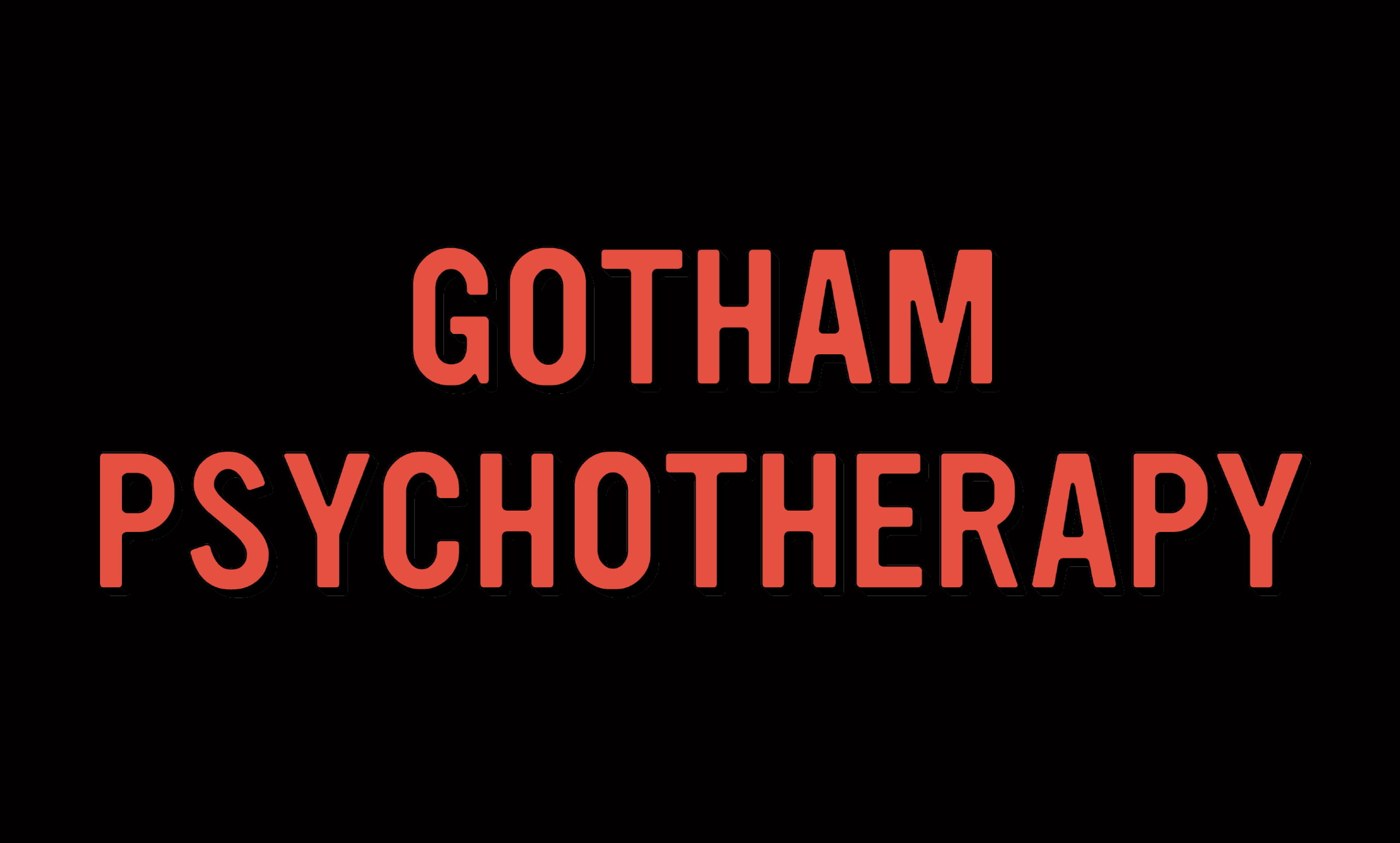Trauma
Recognizing Trauma
Trauma is the emotional and psychological response to deeply distressing or overwhelming experiences. It can result from a single event, ongoing stressors, or prolonged exposure to harmful situations. Trauma affects how people think, feel, and relate to others, often leaving a lasting impact on mental, emotional, and physical well-being.
Experiencing trauma is not a sign of weakness—it is a human response to events that exceed the body and mind’s ability to cope. While the effects can feel overwhelming, it is important to know that recovery is possible. With the right support, patients can begin to heal, regain a sense of safety, and build resilience.
Types of Trauma-Related Disorders
Trauma can take many forms, and each person’s experience is unique. Common categories include:
-
Acute Trauma: The result of a single overwhelming event, such as an accident, assault, or natural disaster
-
Chronic Trauma: Repeated exposure to distressing events, such as ongoing abuse, neglect, or domestic violence
-
Complex Trauma: Prolonged or multiple traumas, often beginning in childhood, that affect emotional and relational development
-
Post-Traumatic Stress Disorder (PTSD): A condition that may develop after trauma, marked by flashbacks, intrusive thoughts, hypervigilance, and avoidance of reminders of the event
Common Symptoms of Trauma
The effects of trauma can appear differently from person to person. Symptoms may include:
-
Flashbacks, intrusive memories, or nightmares
-
Avoidance of reminders associated with the trauma
-
Feeling emotionally numb, detached, or disconnected from others
-
Heightened startle response or hypervigilance
-
Irritability, anger, or difficulty regulating emotions
-
Problems with sleep, concentration, or memory
-
Persistent feelings of shame, guilt, or hopelessness
-
Physical symptoms such as headaches, fatigue, or chronic pain
These symptoms can disrupt daily life, relationships, and overall well-being. Recognizing them is the first step toward healing.
Treatment for Trauma
Effective treatment for trauma focuses on creating safety, building trust, and helping patients process and integratetheir experiences in a healthier way. At Gotham Psychotherapy, our therapists offer evidence-based approaches such as:
-
Trauma-Informed Therapy: A safe, supportive, and empowering environment that recognizes the impact of trauma
-
Cognitive Behavioral Therapy (CBT): Identifying and reframing unhelpful thoughts linked to traumatic experiences
-
Eye Movement Desensitization and Reprocessing (EMDR): Facilitating the reprocessing of traumatic memories (if applicable)
-
Somatic Approaches: Addressing how trauma is stored in the body to reduce physical symptoms
-
Mindfulness and Grounding Techniques: Providing strategies to calm the nervous system and manage triggers
-
Supportive Psychotherapy: Offering compassion and guidance as patients rebuild trust, self-worth, and resilience
Recovery from trauma may feel overwhelming, but therapy helps patients take meaningful steps toward lasting change and well-being.

